In the antisemitic Nazi-state’s system of injustice there was no possibility for Martin Lachmann to defend himself against these cutbacks. He had to vacate his flat, cut his expenses, sublease from then on, and hope for a life in Switzerland. But local authorities hesitated, so that in the following years he pursued various possibilities for emigration, supported by his family in Sweden and occasionally by other relatives and acquaintances. But over the course of time, all potential possibilities shattered.
Martin Lachmann’s letters prove his longing for his family, especially his beloved but unreachably distant grandchild. At the same time, he was anxious to ease their worries concerning his increasingly alarming situation..
Then, on October 18, 1941, more than 1,000 Berlin Jews were deported with the first Berlin deportation-train to Litzmannstadt (Łódź) in Poland, occupied by Nazi Germany. On November 14 the train deporting Martin Lachmann and more than 1,000 other persecutees to Minsk departed from Berlin-Grunewald Station. Martin Lachmann died on the journey. He never saw his beloved grandchild again.
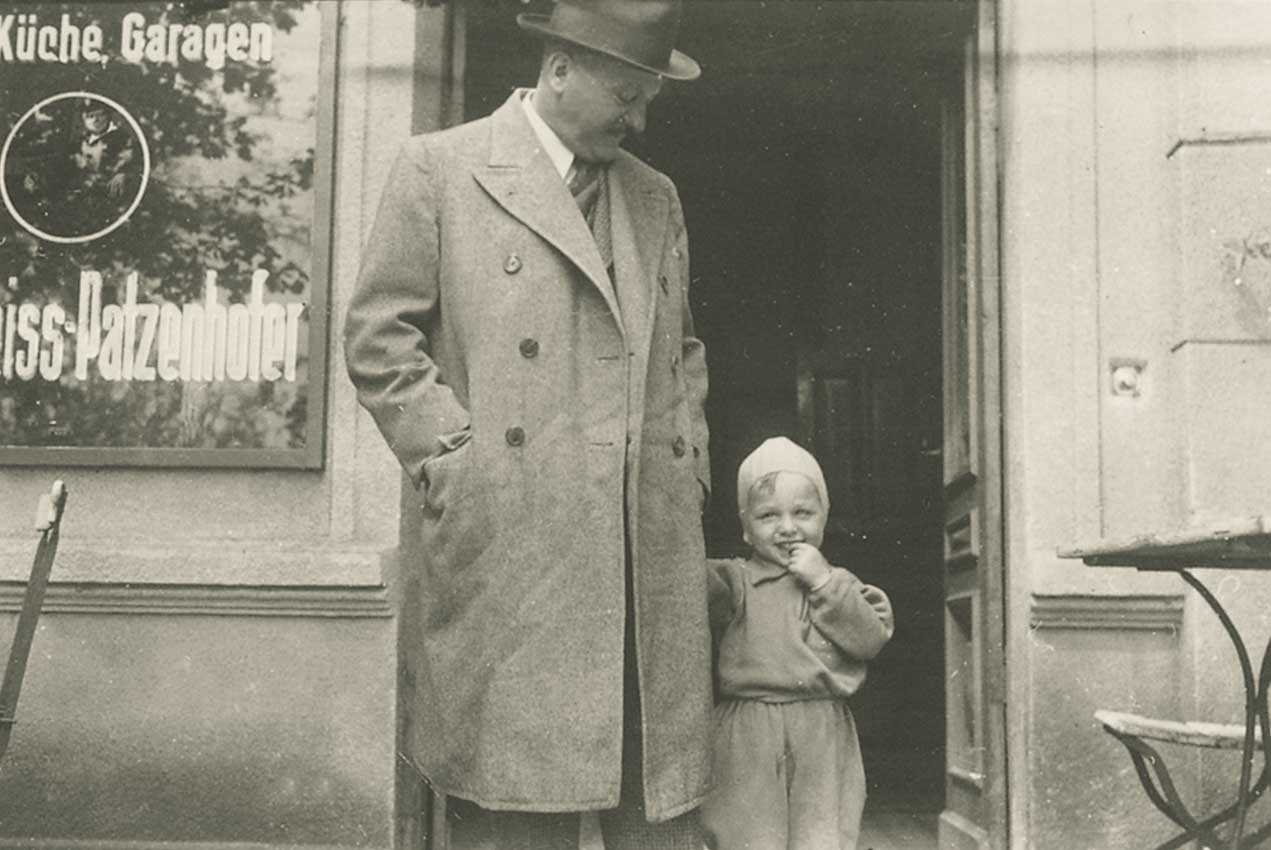
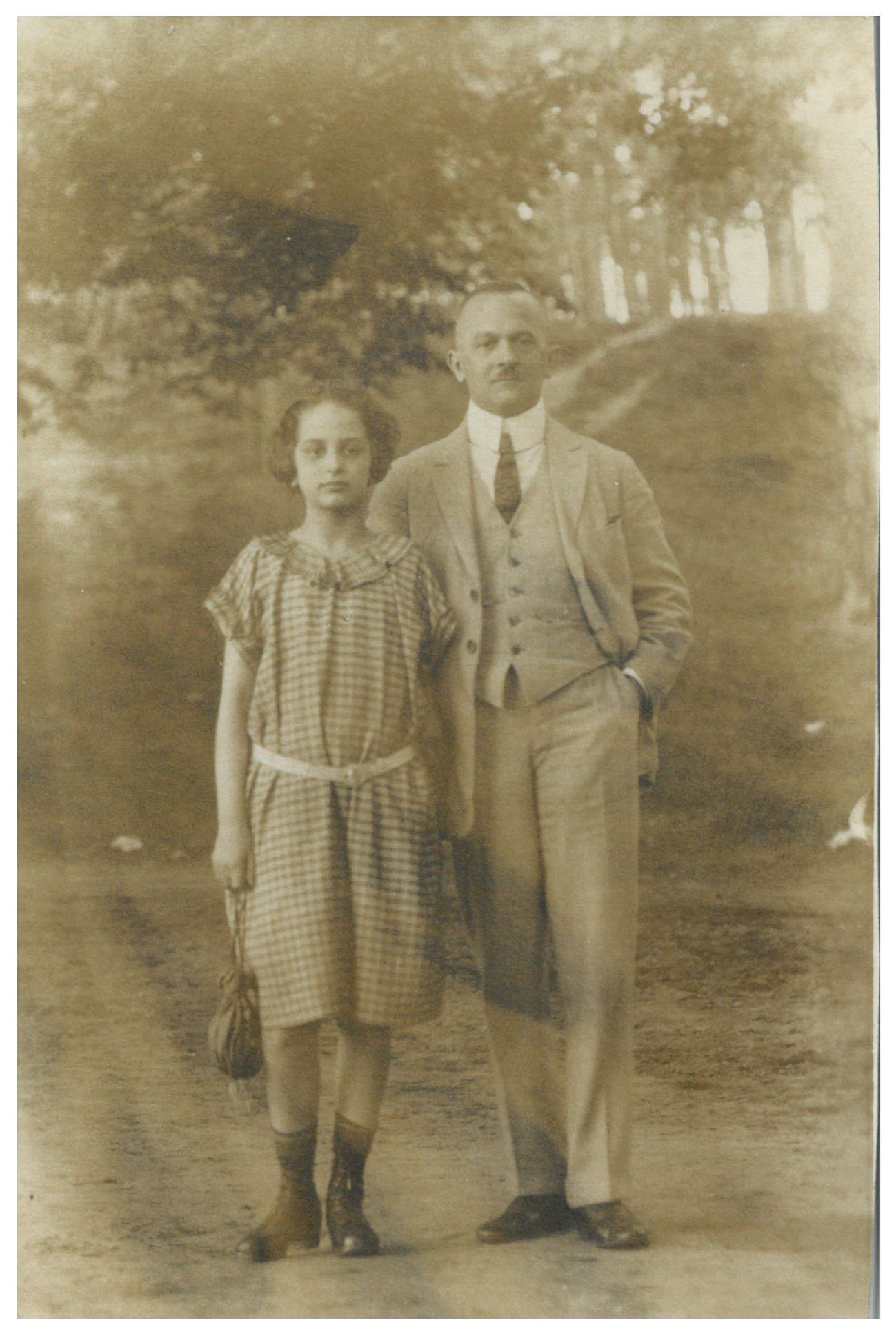
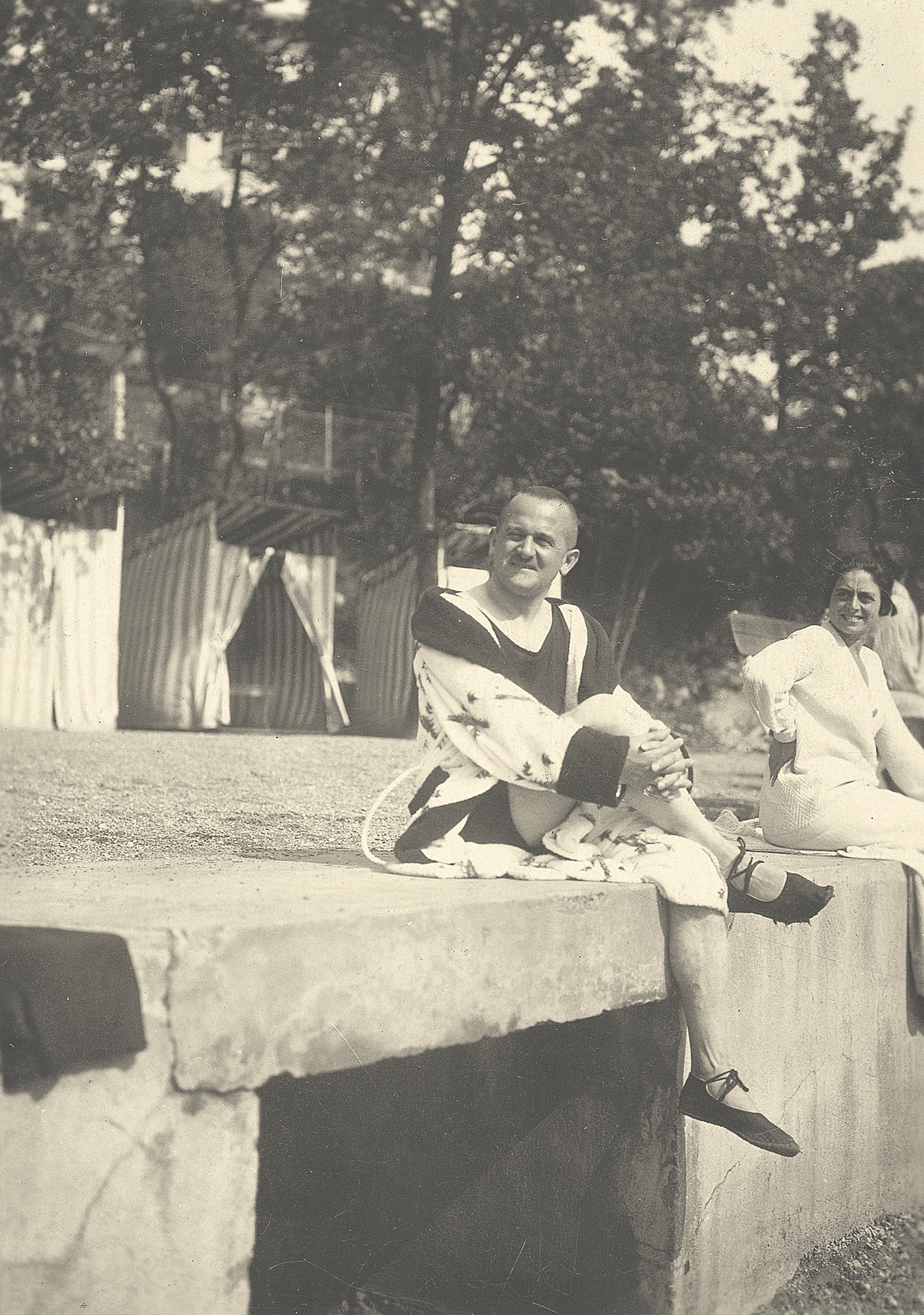
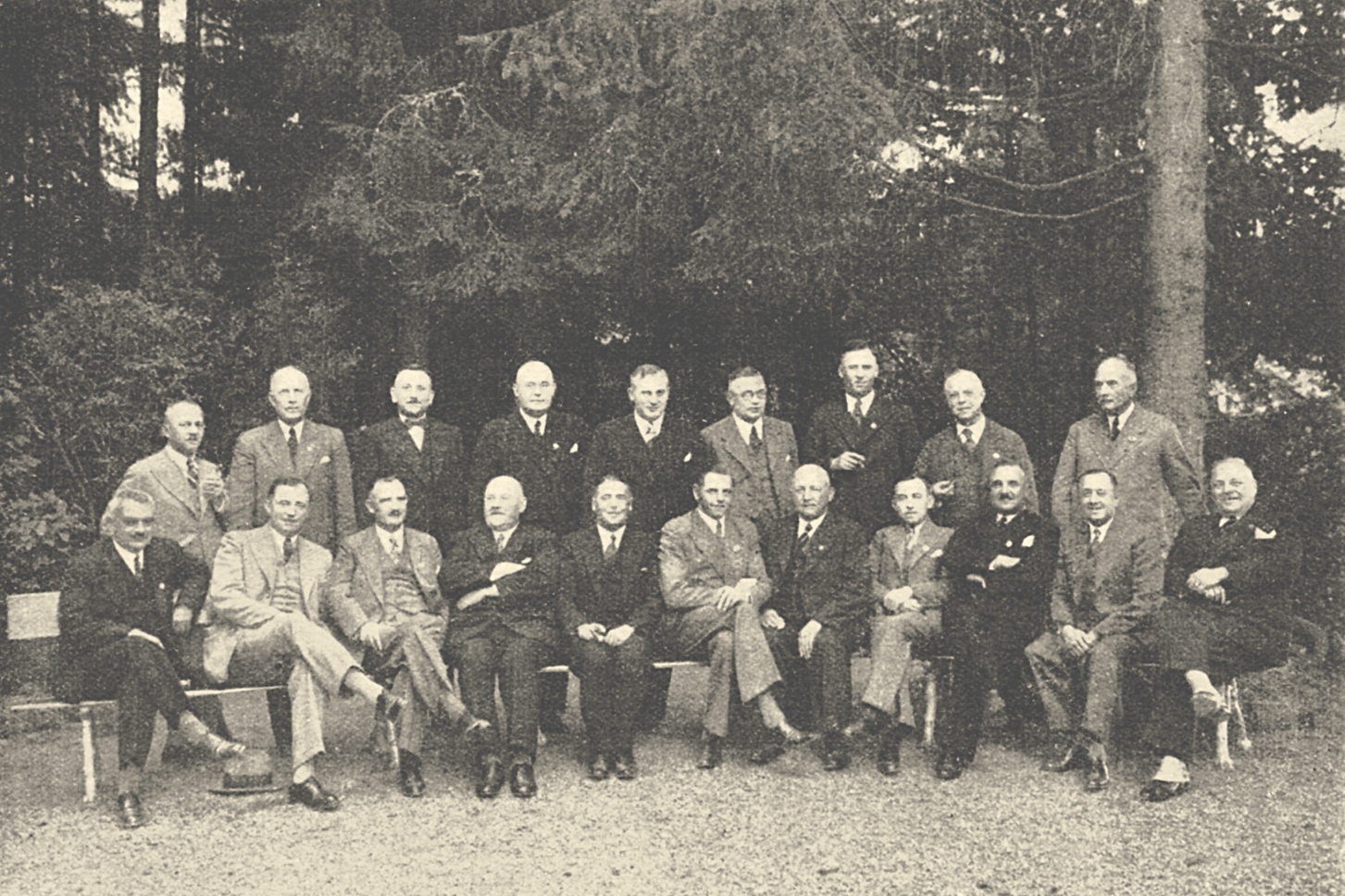
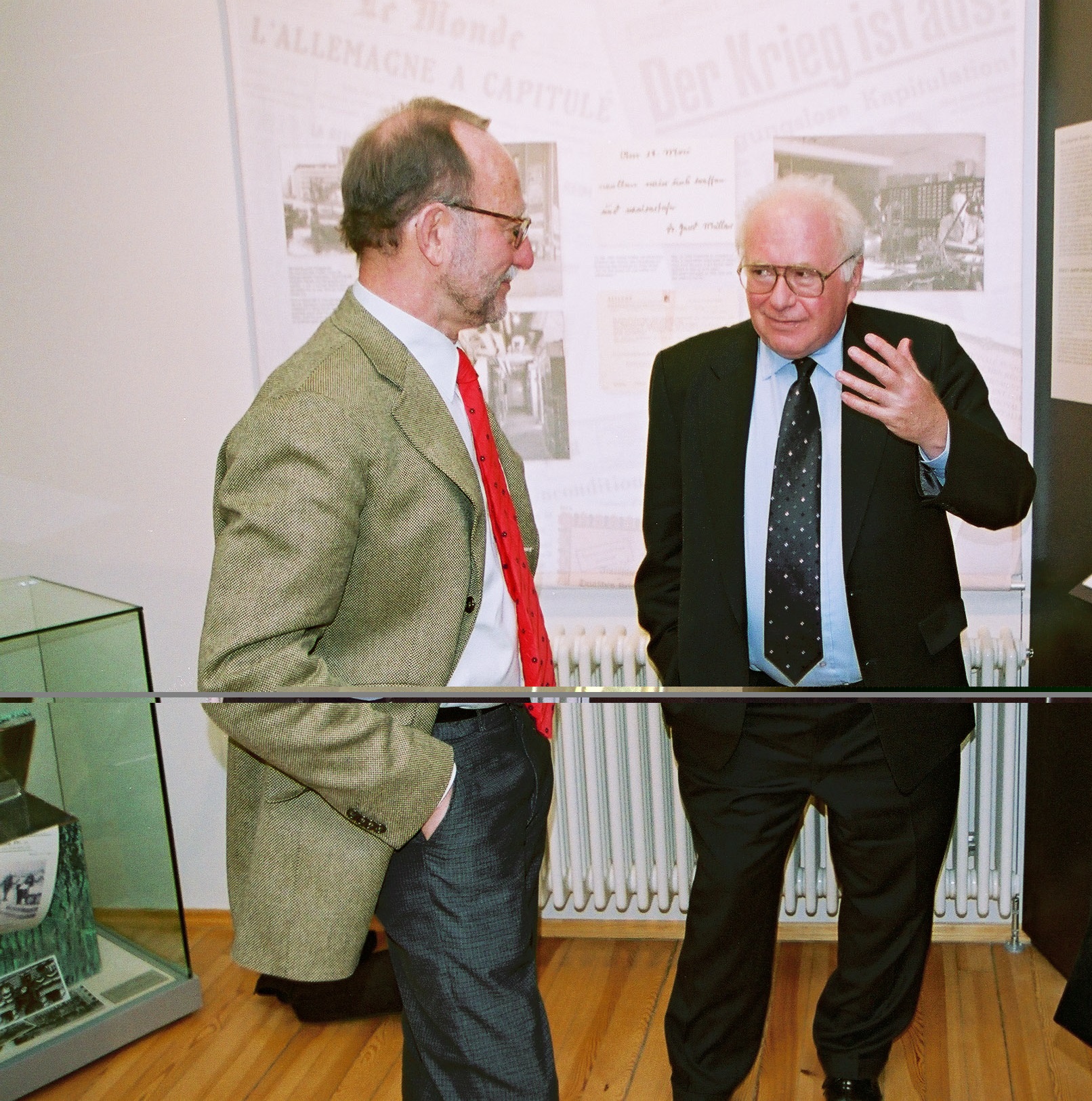
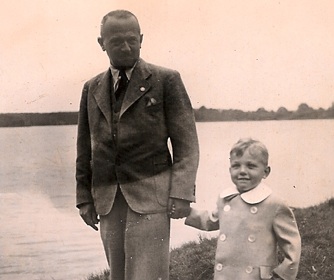
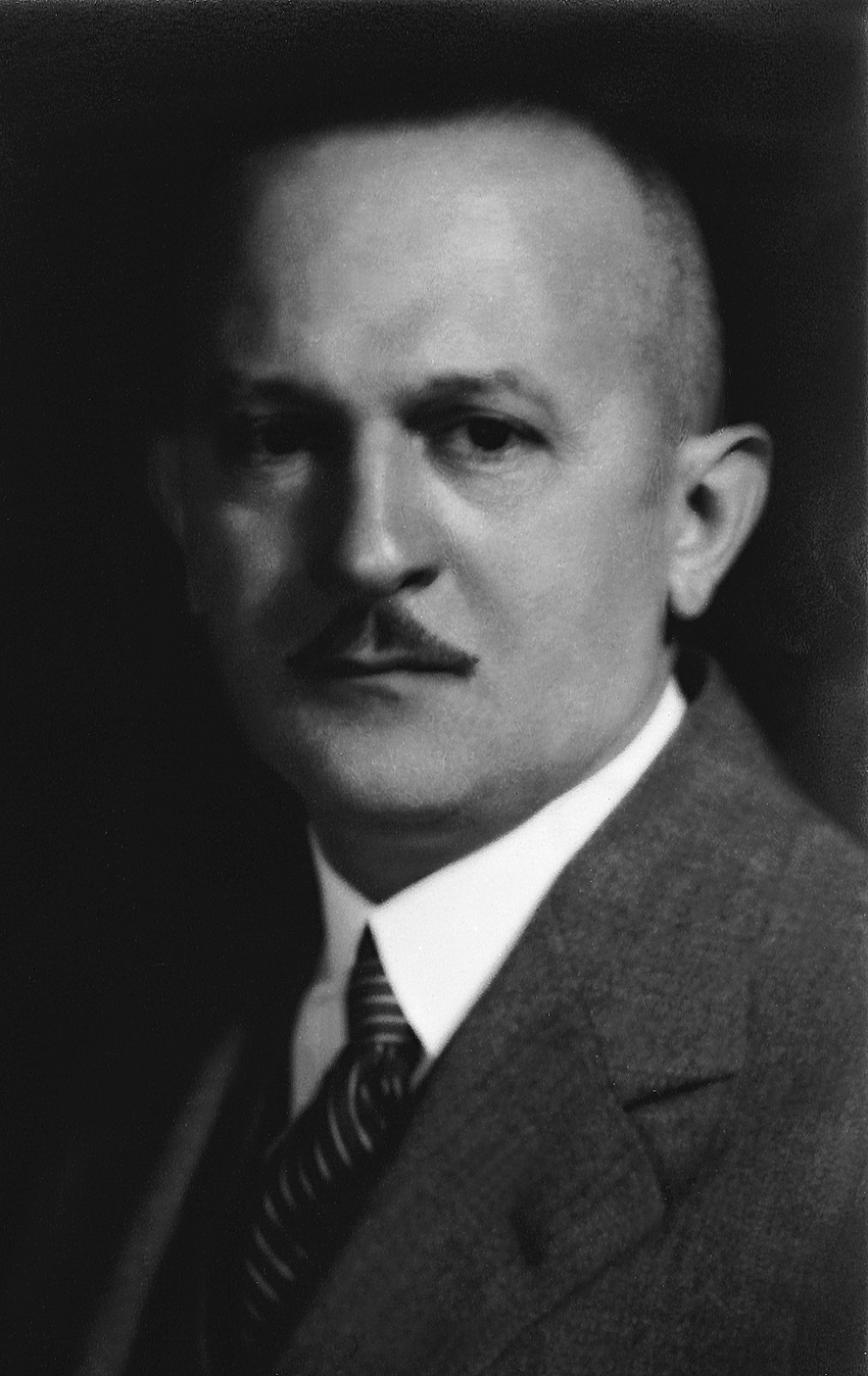
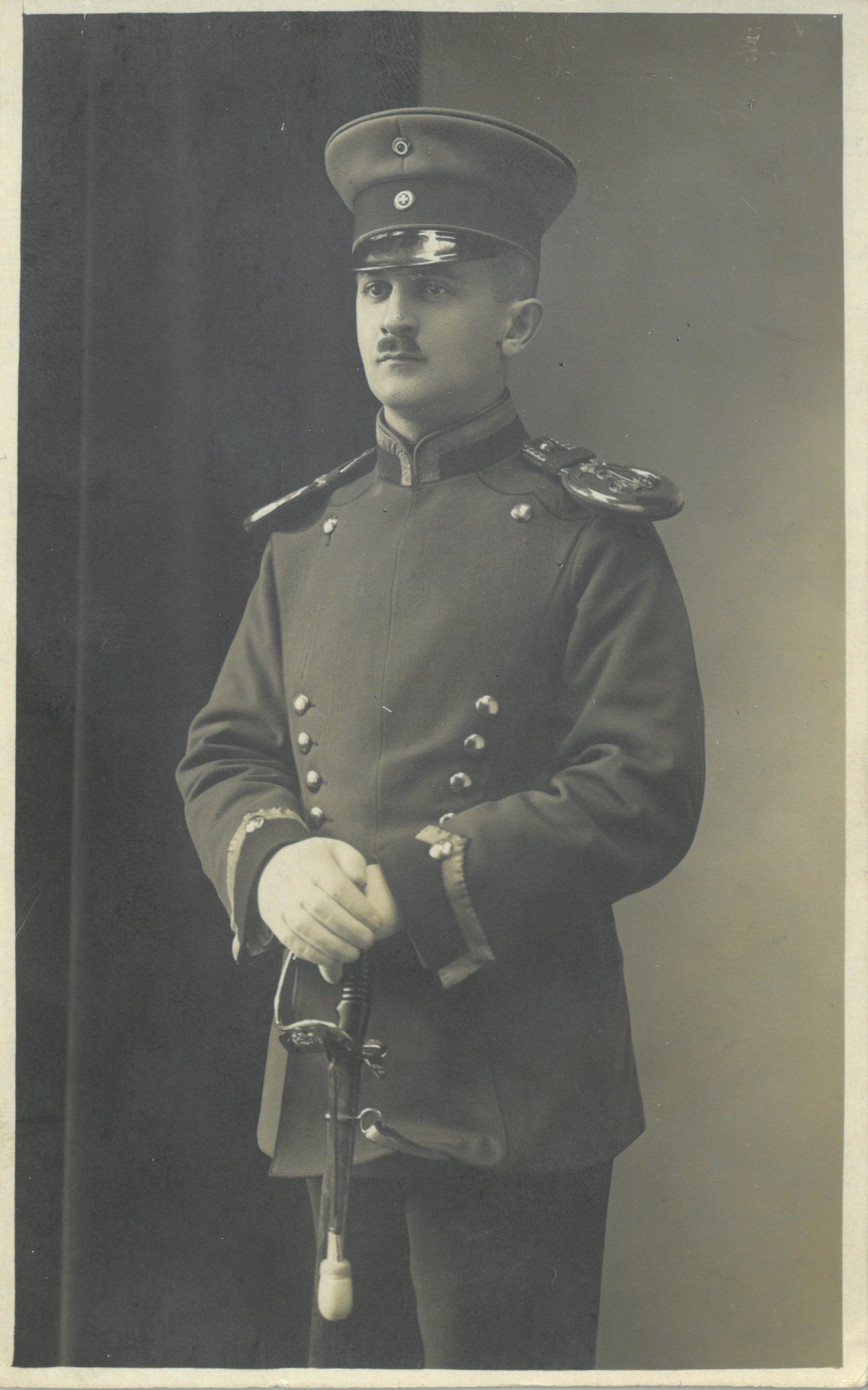
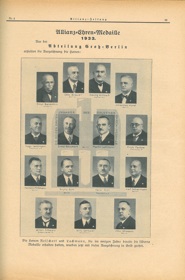
.jpeg)
